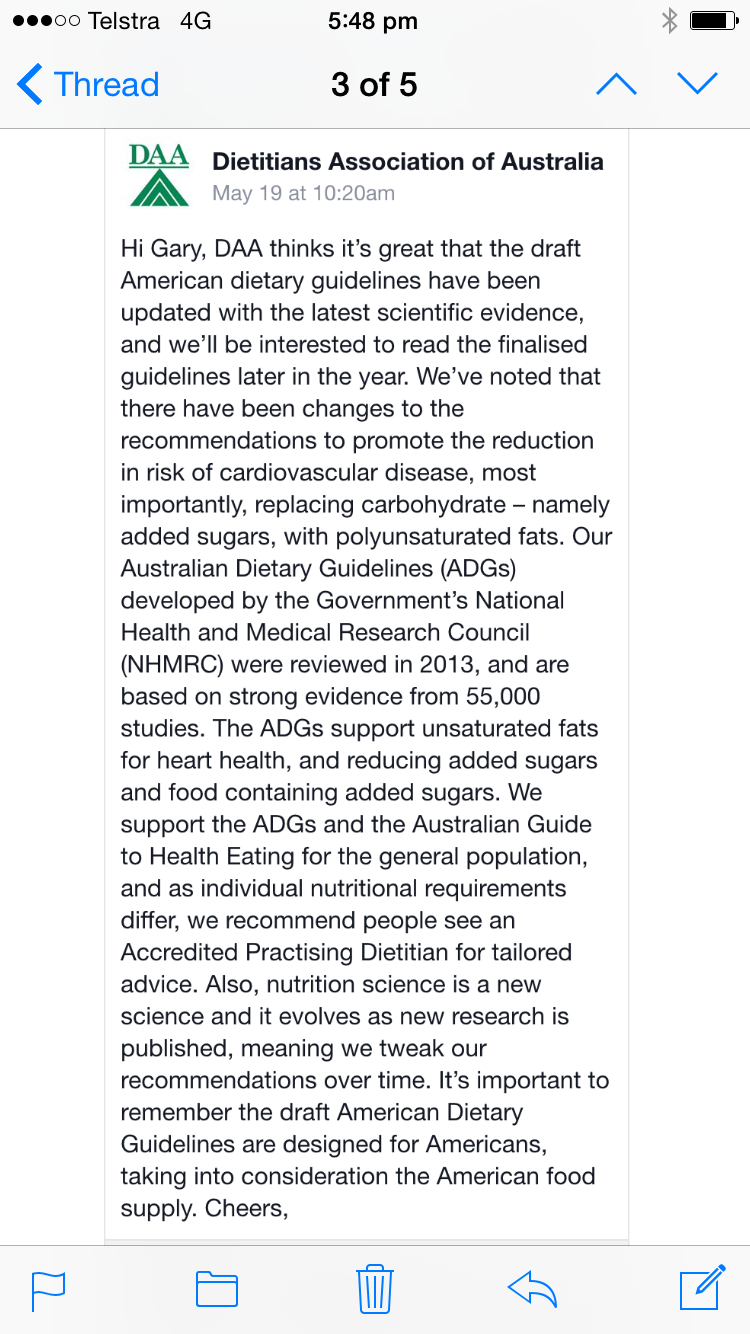
The 2015 Cape Town LCHF meeting is now available online and received the above accolade.
24 hours of the most informative lectures around the topic of Low Carbohydrate Healthy Fat living.
Here is the science and opinion laid out by a group of speakers that I highly respect – for their knowledge, their wisdom and for standing up for something we all believe in.
I was both a lecturer and a student at the meeting. It was an honour to be invited by Professor Tim Noakes to speak at the conference and will remain a highlight of my LCHF journey.
If you want the overview and the nitty gritty of LCHF in one package then this is it. Work your way through the series of lectures and it’s all there.
The organisers have decided to charge a fee for this series of lectures. Putting on the event was an expensive process (despite the speakers funding their own way) and any funds generated are being put towards holding the next events in London and then the USA. This is the way forward as no one wants funding from the food or pharmaceutical industry. We wish to stay independent.
By using this portal you can use my access and use the US$ 20 discount on offer.
Consider it an investment in your taking back control.








